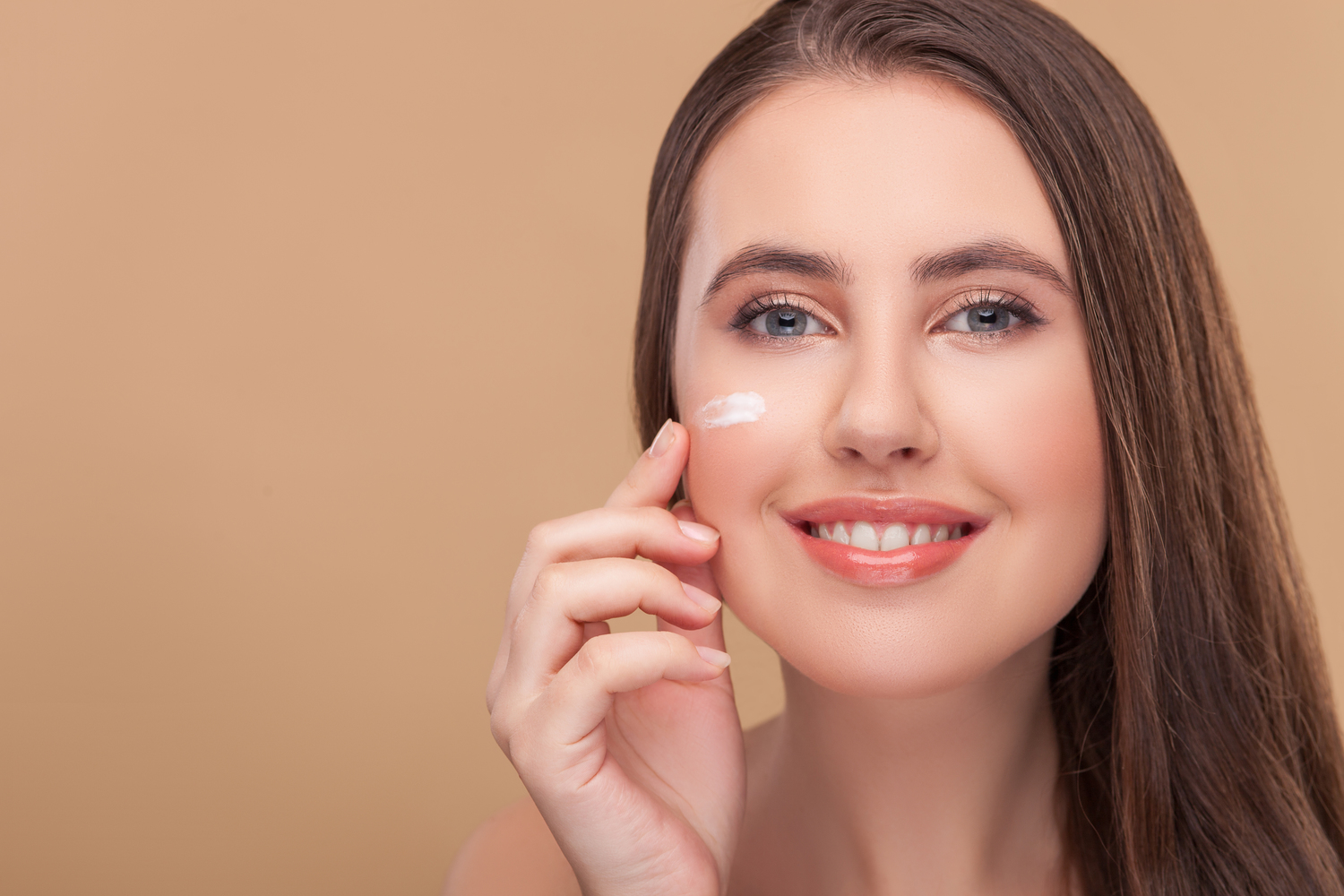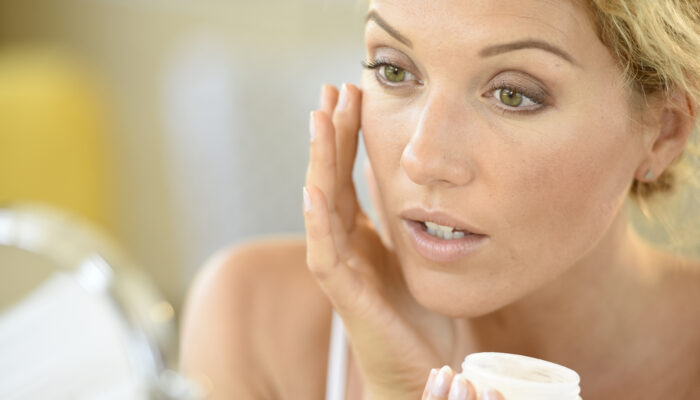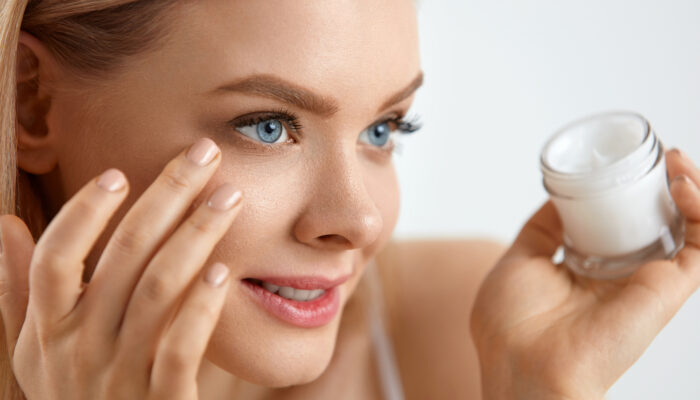
A quick guide to dealing with dry skin
Dry skin is a medical condition with symptoms like scaling, itching, and cracking of the skin, which can be very uncomfortable for the person experiencing it. There are multiple reasons why one can be suffering from dry skin, but for most people, it is a seasonal problem. Dry skin usually occurs in the winter months due to the lack of humidity. But there are many other causes of the condition too, apart from the climate. Some people have a naturally dry skin irrespective of the weather. Any part of the body can be affected by dry skin but the most common places include the arms, hands, legs and even the face.
In many cases, a simple over the counter moisturizer cream or ointment is all it takes to remedy this issue.
Although in certain instances, like cases with underlying disorders, neither lifestyle changes nor moisturizer creams will be of any help. In such extreme cases of dry skin, one should contact their doctor immediately. Skin conditions like atopic dermatitis and psoriasis require medical attention so as to not worsen further.
Some causes of dry skin are:
- Age: As people age, their body begins to naturally produce lesser oils in the pores, thereby increasing the risk of getting dry skin.
- History of skin illnesses: If you have a history of such skin conditions or allergic illness running in your family, then you’re more likely to develop some form of skin condition such as dermatitis.
- Seasonal weather changes: A common occurrence during the seasons of the fall and winter is the humidity levels in the air becoming relatively lower, raising one’s chances of having dry skin.
- Having a bath in very hot water and bathing frequently can also have a harsh effect on the skin as the heat leaches the skin of its moisture content.
The doctor is most likely to recommend a treatment plan based on the cause of your dry skin and its severity. In multiple cases, they may refer one to a dermatologist for specialized treatment.
Before going to the medical professional, here are a few home remedies one can try out.
- Avoiding bathing or taking a shower in very hot water
- Taking a shower every alternate day instead of daily
- Reducing the time spent in the shower, preferably to under 10 minutes.
- Using gentle moisturizing soaps during which are mild on the skin.
- Applying creams and ointments immediately after the shower, when the skin is still moist and soft.
- Using a soft towel to dab the skin rather than rubbing it aggressively.
- Usage of a humidifier, as in certain parts of America, the temperature can drop to a very low degree.
- Avoiding the urge to scratch and scrub the dry skin patches, which will only aggravate the condition
- Remembering to drink plenty of water. Keeping the body hydrated at all times can go a long way in not only helping the skin retain moisture but also help in other bodily functions.



